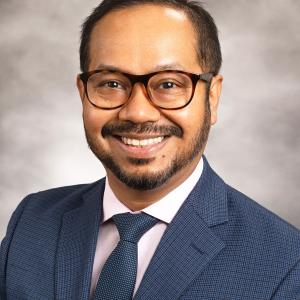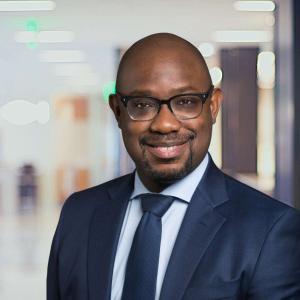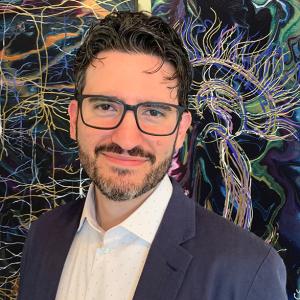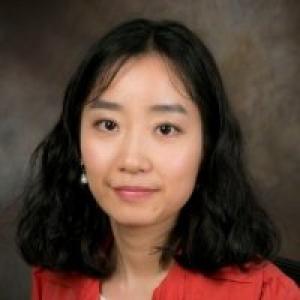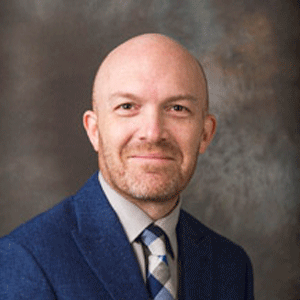Jacob Berchuck

Jacob Berchuck
Assistant Professor of Hematology and Medical Oncology
Dr. Jacob Berchuck is a Medical Oncologist at the Winship Cancer Institute and Assistant Professor in the Department of Hematology and Medical Oncology at Emory University School of Medicine. Prior to joining Emory, Dr. Berchuck was an Assistant Professor of Medicine at Harvard Medical School and a Medical Oncologist at the Dana-Farber Cancer Institute. In addition to caring for patients, Dr. Berchuck leads a translational research lab focused on utilizing "liquid biopsy" tools that enable multi-omic profiling of tumor-derived cell-free DNA circulating in the bloodstream to pioneer advances that transform how we manage and treat individuals living with cancer. The core research objectives of the Berchuck Lab include include developing biomarkers to guide treatment decisions, working towards a future where a simple blood draw can enable real-time insights to choose the right treatment for the right patient at the right time, and studying mechanisms of therapeutic resistance. Dr. Berchuck’s research has been published in several high-impact journals, including Nature Medicine, Cancer Cell, Annals of Oncology, JAMA Oncology, Clinical Cancer Research, and others.
https://www.theberchucklab.org/
Cancer Biology, Diagnostics
IRI Connections:

